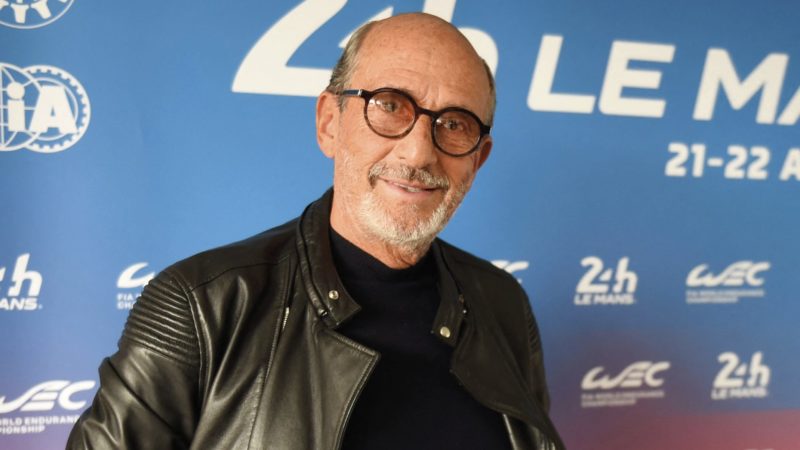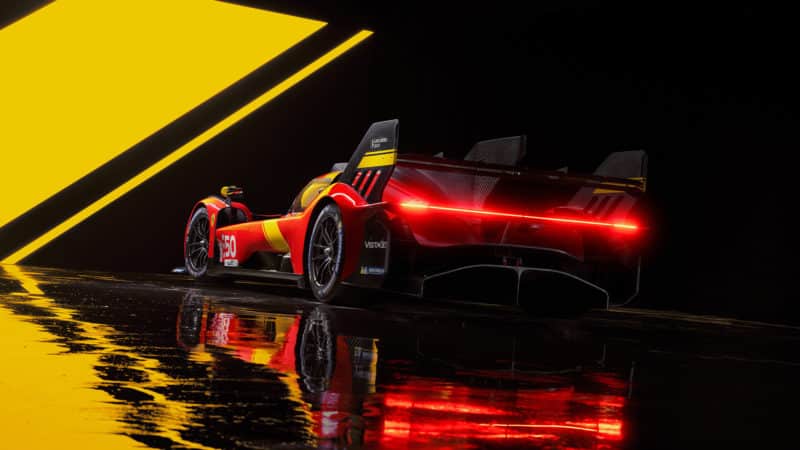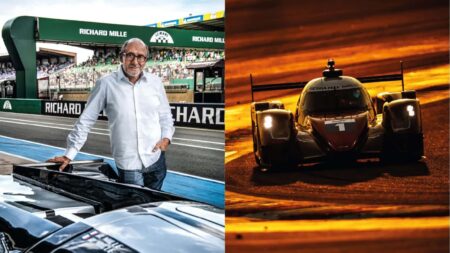“There is no reason why endurance in the years to come will not be as successful and profitable as F1,” he states in an interview from the current issue of Motor Sport.
Mille is pursuing a similar strategy to grand prix promoter Liberty Media, by aiming squarely at a young audience, already familiar with the types of machines that line up on the World Endurance Championship grid.
Next season will see Ferrari, Porsche, Cadillac and Peugeot join Toyota and Glickenhaus as top-class contenders in the championship and at Le Mans — one of the most-anticipated races in decades.
The cars will be distinctive too, thanks to the regulations he helped craft, as president of the Endurance Commission in 2018. “This is what we wanted with the Hypercars, so you could distinguish one from the other,” said Mille. “The problem that we had with modern F1 is the cars were all made by computers: take the paint off and you are in trouble… In Hypercar, the Peugeot doesn’t look like the Porsche, which doesn’t look like the Glickenhaus, which doesn’t look like the Toyota and so on.”

Richard Mille: president of the FIA Endurance Commission since 2018
Mille believes that the forthcoming era will attract hordes of new fans and go down in history.
“My biggest objective was to bring younger generations to the track,” he said. “Endurance was getting a bit old, the spectators were more in their forties and fifties. With Hypercar we have the tools to bring in the young generations, because on video games and in their minds these cars are their dream.
“Hypercar is closer to street cars than F1, so we have all the ingredients to bring the public to the track. You can imagine what will be the grid next year for the 100th anniversary of Le Mans, but also in 2024 and beyond.


